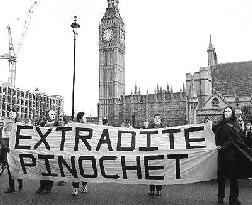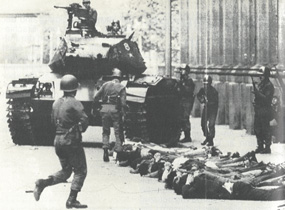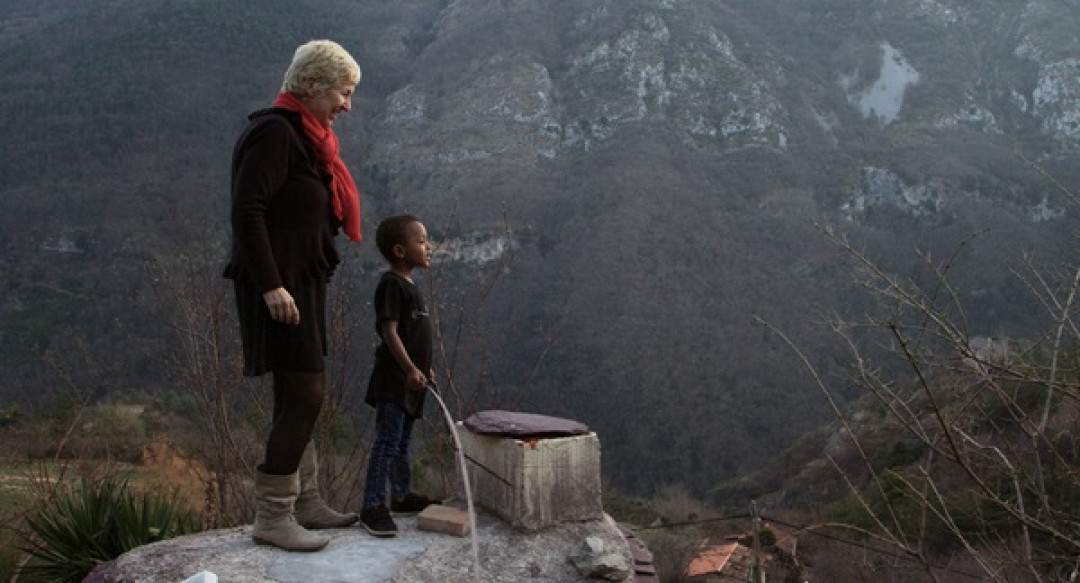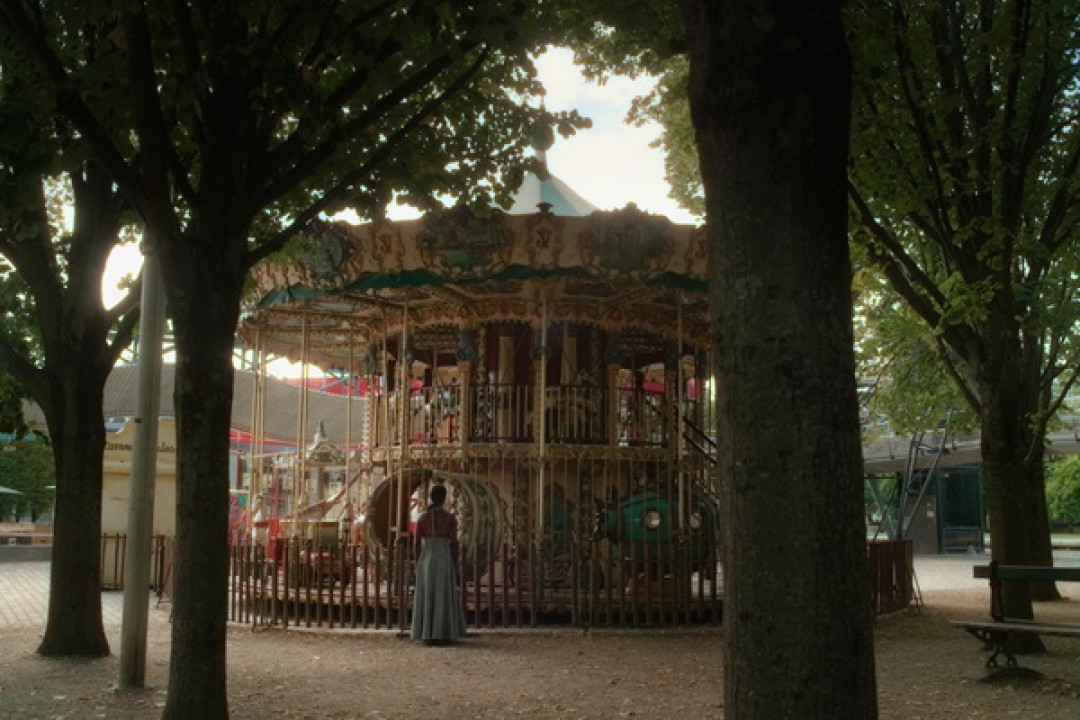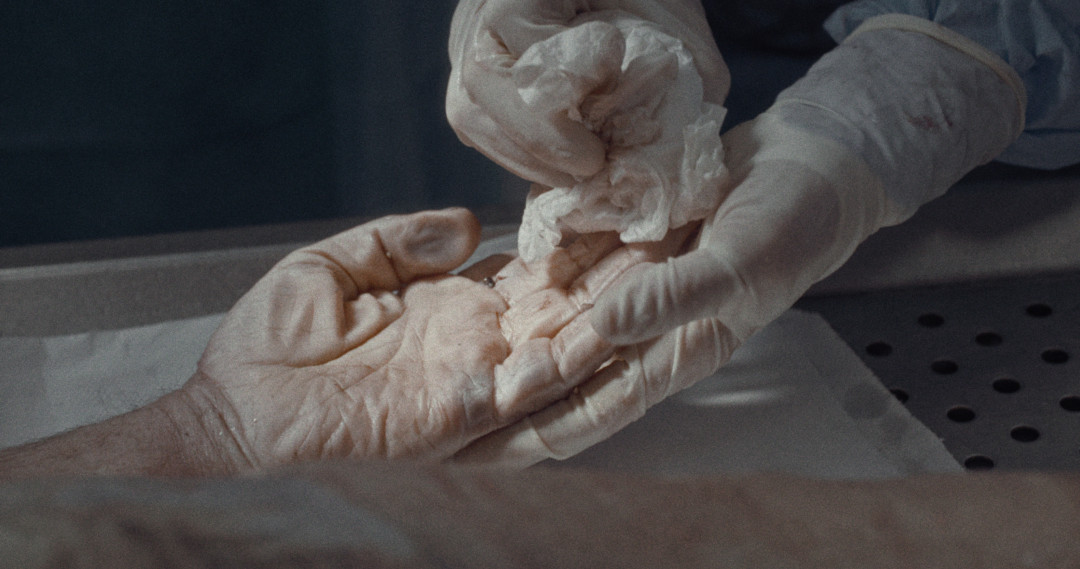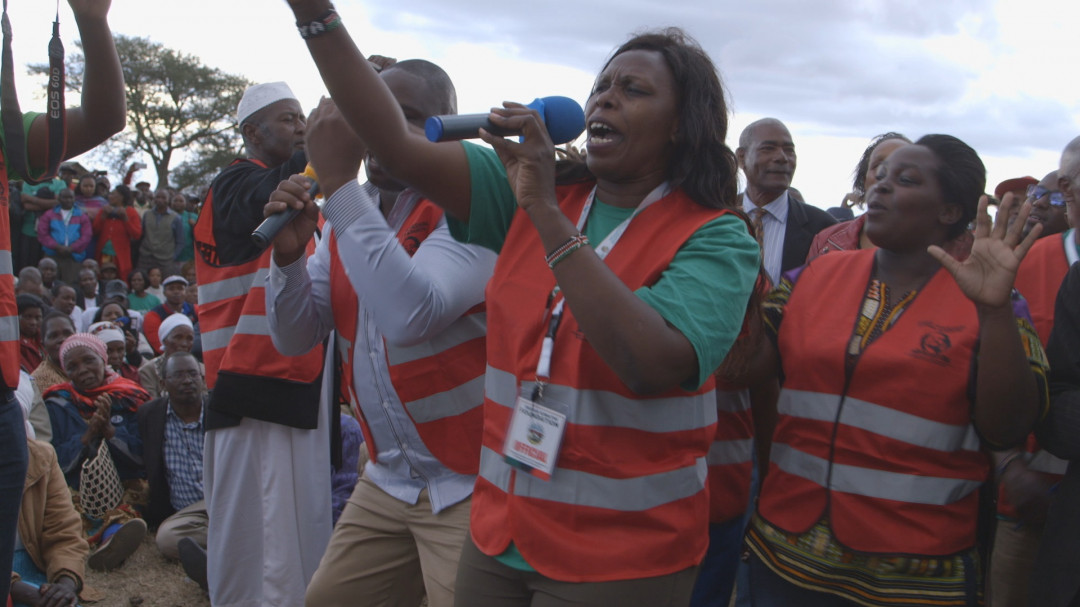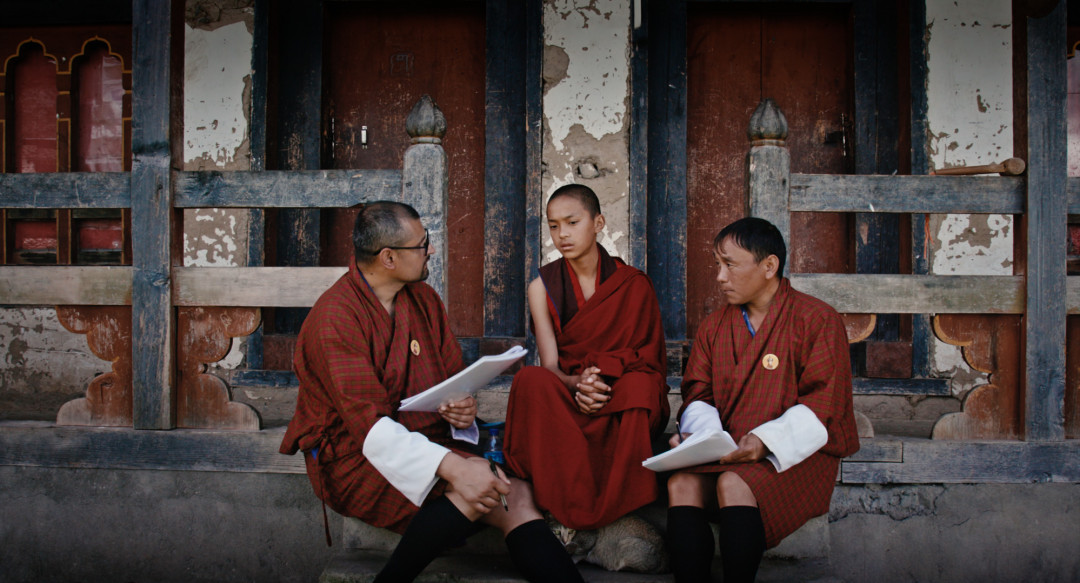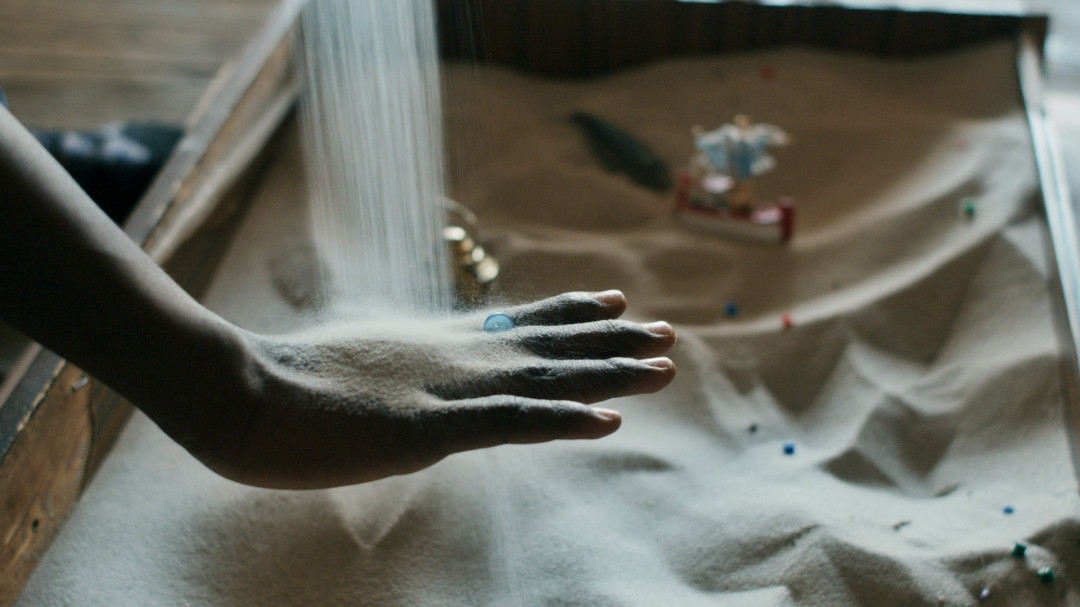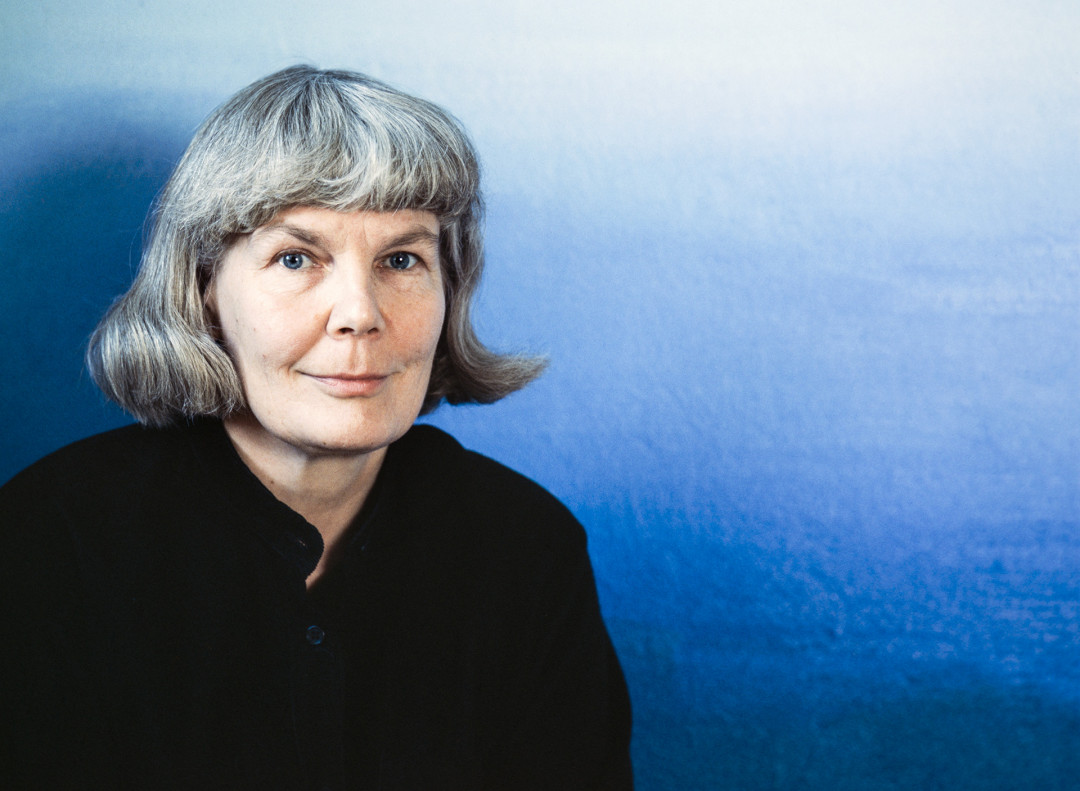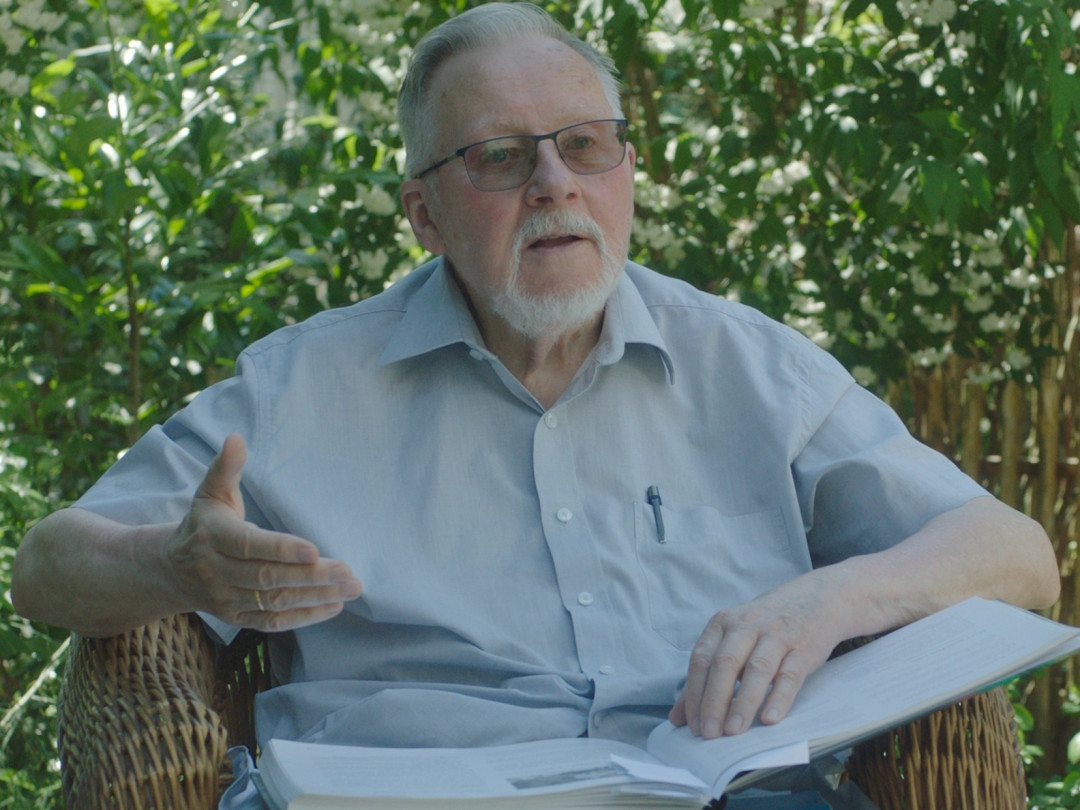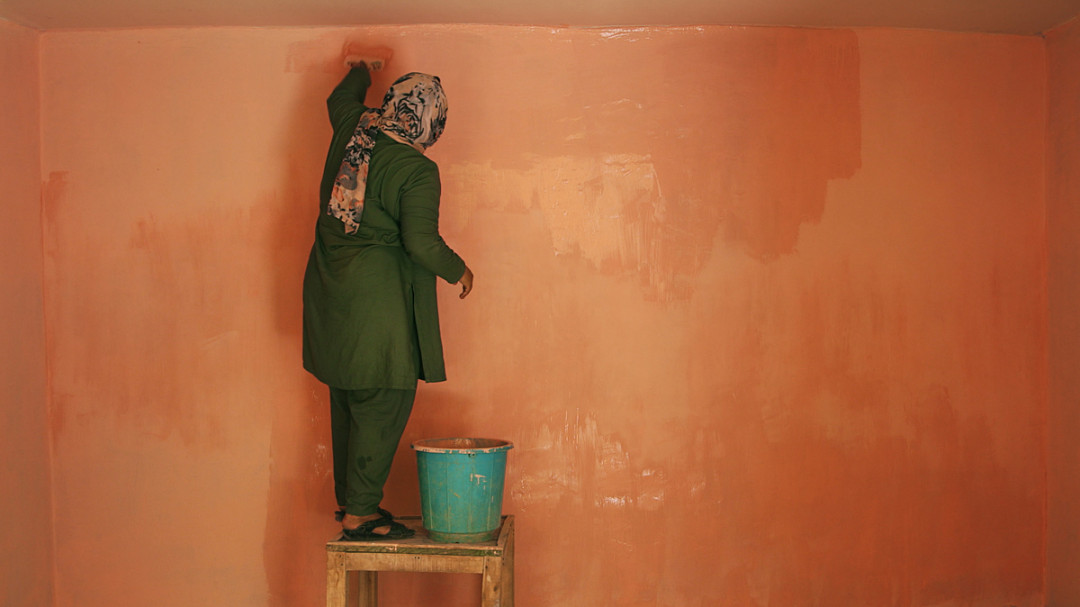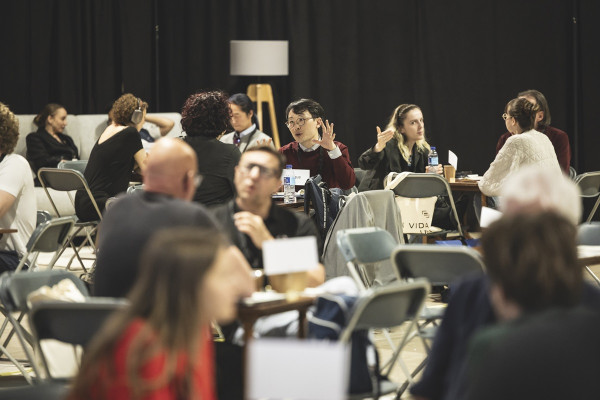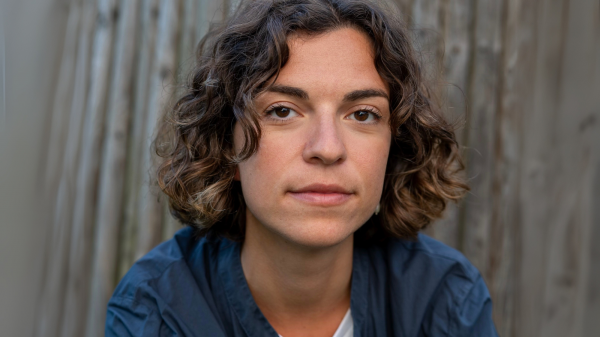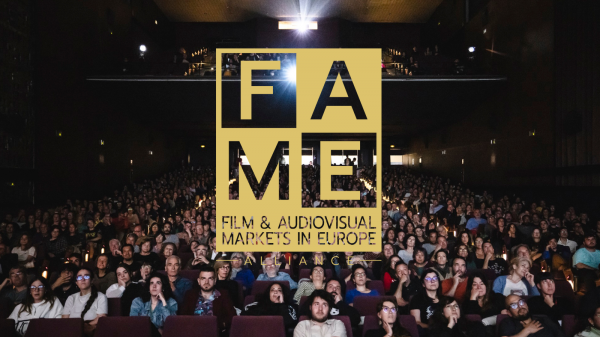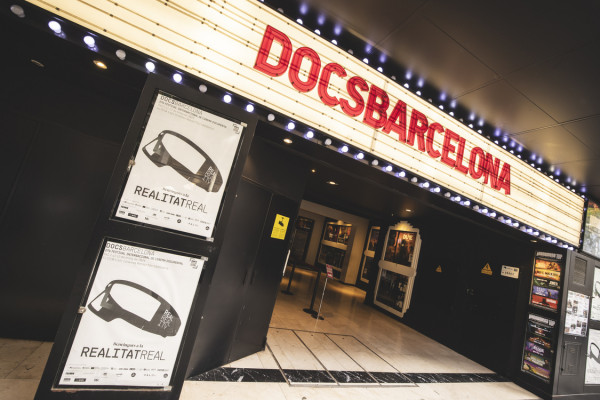The film Pinochets Children documents the testimony of three representatives of the generation that grew up during the dictatorship of Pinochet, the generation to which I also belong. It comprises the period of time beginning with the military coup of 1973, when Pinochet appeared in the life of the Chileans, until his arrest and trial.
Carolina, Enrique and Alejandro were still children when Pinochet violently grabbed power in 1973. They all had to suffer from violence under the dictatorship. The fathers of two of them were assassinated, one had to flee into exile. They remember the pain and the fear they experienced as children during the first years of military rule.
In their adolescent years they began to revolt against the regime. All three became distinguished student leaders directing the social movement of the chilean youth against the dictator. In the film, they reflect on the causes that led them to rebellion, their motivations, the need to open a space free of the limitations set by the authoritarian regime. Finally, they talk about the aims in life they developed after the collapse of the Pinochet-regime.
At the end of dictatorship, when the period of transition towards democracy began, the protagonists turned into adults. They remember their dissappointment when they realized that what they had fought for during the years of dictatorship - truth and justice - became subject to negotiations. They also had to face the fact that there was no easy way to insert their idea of a free and self-determined life into the emerging socio-cultural context which was totally dominated by neoliberal ideology. The three became gradually marginalized, partly on their own account, from political life. Enrique became a businessman, Carolina left the country in order to study in Europe and Alejandro dedicated himself to culture as a plawright and theater director.
Finally, they analyze the meaning and consequences which the detention and judgement of Pinochet had for them and for Chile. Through the difficulties they face in their day-to day lifes, the protagonists show us how life in Chile has changed in some areas after the arrest of the dictator, but has remained unchanged in others. While a certain opening towards justice has taken place, there is much to be done in terms of a real democratisation in a country which is still deeply divided. Despite his worldwide condemnation, an important sector of chilean society keeps supporting the ex-dictator.
The film-scenes are produced partly on locations where the historical events took place, and partly in the current natural surroundings of the three protagonists. The film music corresponds to the different periods in the lives of the protagonists. The film is complemented with file material corresponding to the different periods.
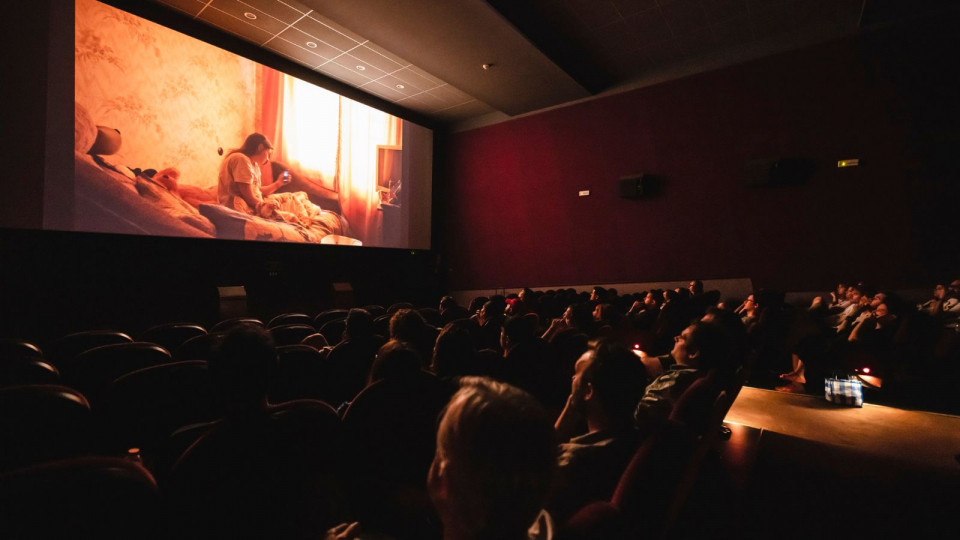
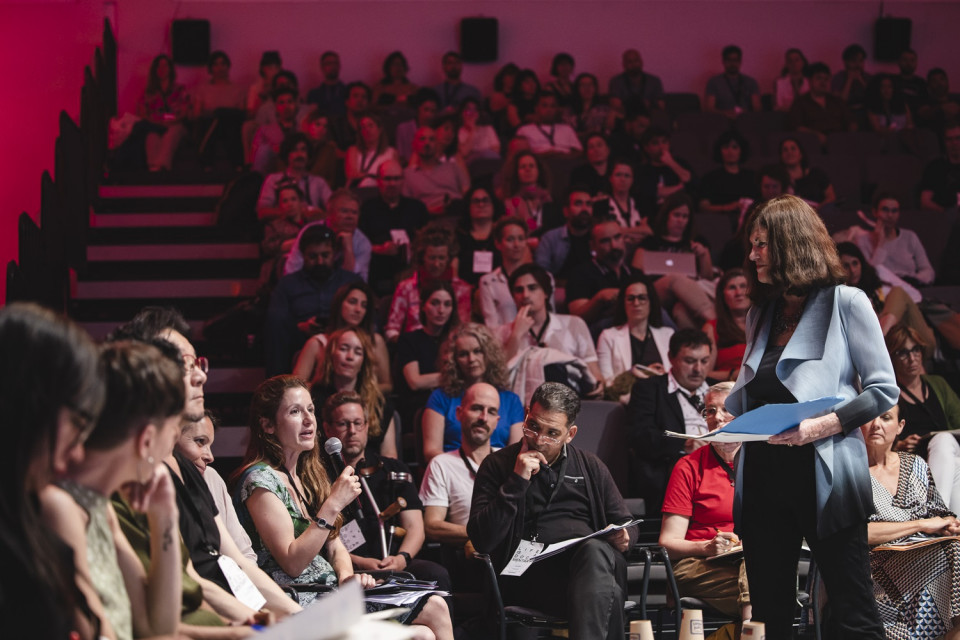
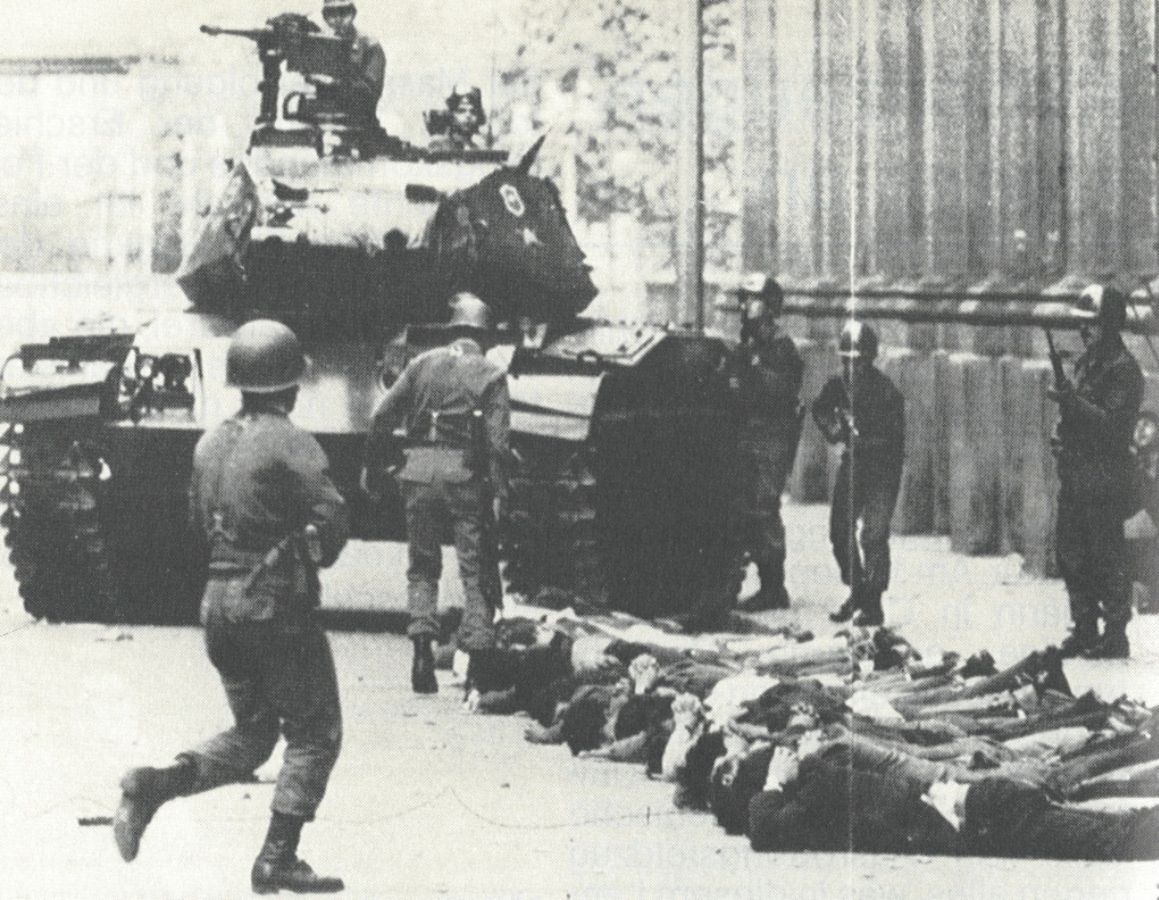
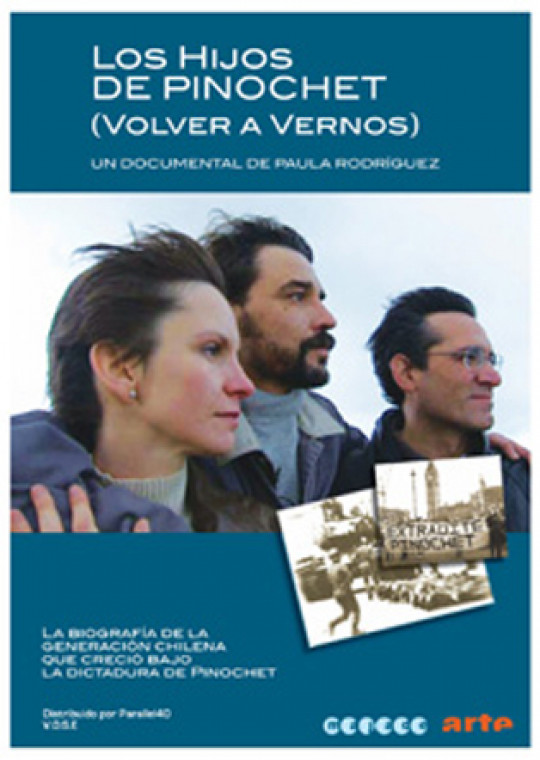
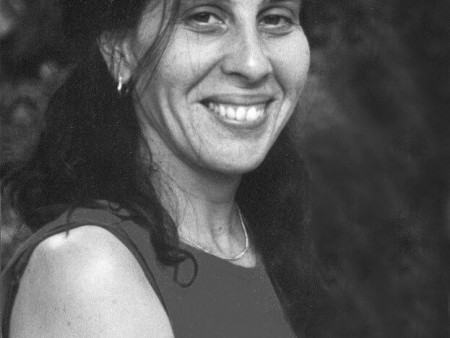
.jpg)
